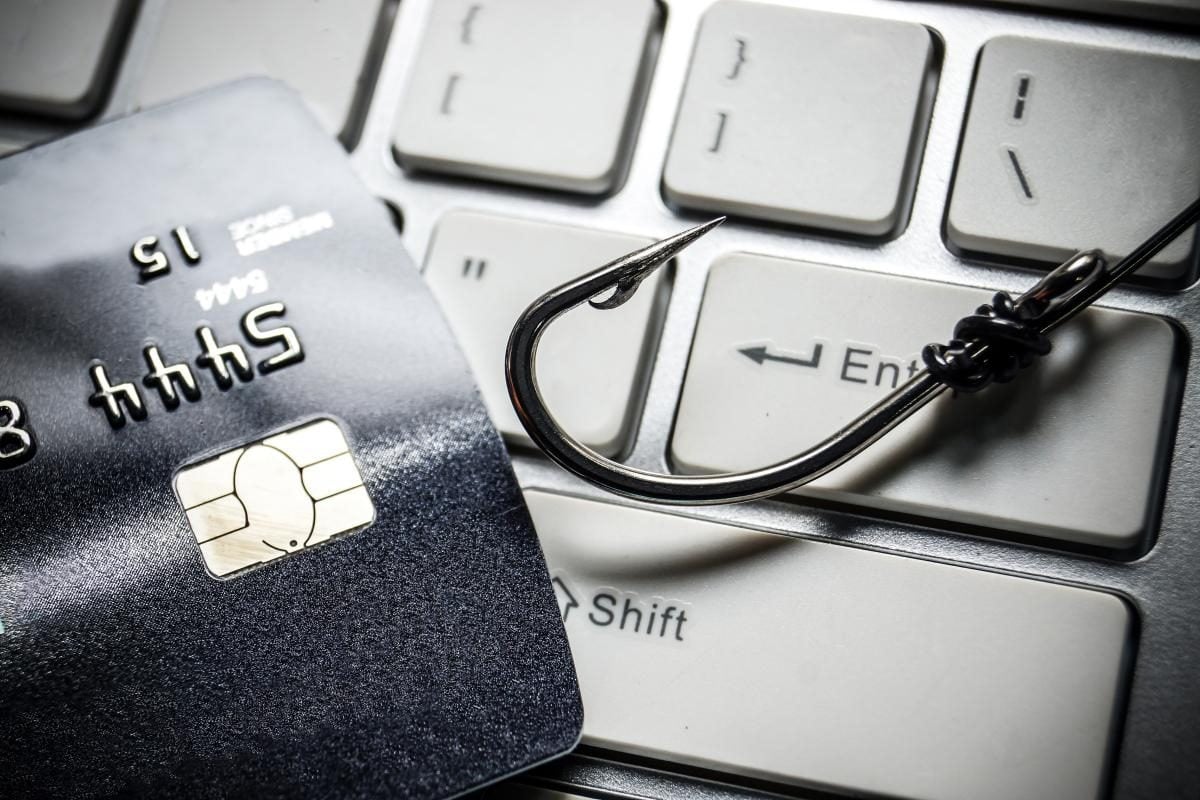I am studying in the third year of the State University of Economics and Technology.I specialize in contractual, economic and corporate law, in particular, I provide consultations and write articles.
Fraud is a type of criminal offense against property that anyone can become a victim of. Modern technologies and the uncontrolled dissemination of information add tools for the illegal seizure of property or the right to it, and therefore it is important to know all the features of this offense and the extent of responsibility for its commission. A characteristic feature of fraud is that it is committed by deception, or breach of trust. Deception should be understood as reporting false information, or withholding information that a person should know in order to seize his property or obtain the right to it. The term “abuse of trust” is somewhat different in its legal essence, because it provides for the use of trust relationships (official, family, civil, etc.) with the owner of the property, or the person to whom such property was entrusted or under whose protection it is located.
Fraud: analysis of the offense
First you need to decide on the immediate object, that is, those social relations that are encroached upon by this criminal offense. The direct object will be property, that is, the powers to own, use and dispose of property. As for the objective side, this offense has a material composition, that is, the onset of socially dangerous consequences (the seizure of the property of the victim by a fraudster) is extremely important, and it is from the moment of their occurrence that it will be considered completed. The act itself will be expressed in the form of active actions to take possession of someone else’s property, or acquiring the right to such property, using the methods described above for committing deception or breach of trust. In order for an offense to exist, there must be a cause-and-effect relationship between the act and the consequences. Another feature of this offense is that the injured person, being subjected to deception or breach of trust, will believe that the transfer of property is completely legal, that is, outwardly it does not raise doubts about the legality. Therefore, quite often you can find cases where the victim himself consents to the transfer of property or rights to it to the fraudster. As for the subjective side, a socially dangerous act is committed with direct intent, accompanying a selfish motive. The subject of fraud is general, that is, he is a sane individual who has reached the age of 16.
Responsibility and qualifications:
If the fraud committed does not contain qualifying features, that is, it is qualified under Part 1 of Art. 190 of the Criminal Code, then liability will be provided in the form of a fine of 2-3 thousand nmdg, or community service (200 - 240 hours), or correctional labor for up to 2 years, or restriction of freedom for up to 3 years. When we are talking about the repetition of fraud, or its commission by a group of persons by prior conspiracy, or in the case where fraudulent actions caused significant damage (damage in the amount of 100 - 250 nmdg), then this is a qualifying composition and liability for such actions is provided for in Part 2 of Art. 190 of the Criminal Code, namely: a fine of 3-4 thousand nmdg, or correctional labor (1-2 years), or restriction of freedom (for up to 5 years), or imprisonment for up to 3 years. Committing fraud that caused significant damage during a martial law or state of emergency will be punishable by a fine of 4-8 thousand NMDG, or imprisonment for a period of 3-5 years. If a criminal offense was committed using electronic computer technology, then the offender is subject to liability in the form of imprisonment (3-8 years). Particularly large amounts of fraud, that is, an amount exceeding 600 or more times NMDG, or its commission by an organized group will entail liability in the form of imprisonment (5-12 years) with confiscation of property.
Internet fraud and protection tools against it:
From the above qualifying features, we can highlight the commission of fraud using electronic computer technology, that is, the so-called Internet fraud, the victims of which are becoming more and more citizens. The most common methods of illegally acquiring property is phishing, that is, obtaining passwords, logins and other data and then using it for fraudulent purposes. False online stores are also created for the same purpose, selling non-existent products or products of poor quality, but at the same time receiving advance payments from customers in both full and partial amounts. Fraud in the field of Internet banking by obtaining bank card data is no less common. If Internet users follow fairly simple rules, this will protect them from the forms of fraud described above.It is enough not to distribute your personal data to dubious sites, not to indicate the CW code from the card on such sites, not to make any payments in connection with receiving dubious letters, and also not to make advance payments at unverified online stores.
Consultation with a criminal lawyer:
A criminal lawyer is an indispensable participant in the process who will accompany his client at all stages. Starting from the pre-trial investigation and ending with the court’s decision, a criminal lawyer will provide comprehensive protection of rights and interests, analysis of documents, evidence, and draw up procedural documents. A criminal case is a rather complex process that requires special skills and knowledge, and therefore lawyer's consultation and his support can provide this to the client.





























